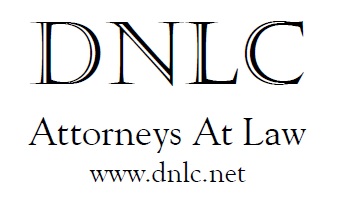Five Common Debts That Can Be Discharged in Bankruptcy
1. Credit Card Debts
Credit card debt is one of the most common types of debt carried by Americans today, and it is often a primary reason for filing bankruptcy. Absent fraud, credit card debt can generally be discharged (i.e. eliminated) in bankruptcy.
2. Medical Bills
Medical bills are another primary reason for filing bankruptcy and can be discharged in bankruptcy. However, medical liens are not eliminated in bankruptcy. A medical lien is the right of a health care provider, doctor, or hospital to assert an interest in personal injury recoveries of its patients.
3. Tax Debts
In some cases, incomes tax debts can be discharged in bankruptcy. Whether income tax debts can be discharged depends on how old the taxes are, if and when tax returns were filed, if and when the taxes were assessed, and whether the taxpayer filed a fraudulent return or willfully attempted to defeat or evade payment of the tax. If the taxes cannot be discharged, it may be possible to stop interest and penalties from accruing. Tax liens are generally not eliminated in bankruptcy.
4. Civil Judgments
Debts arising from a civil judgment can generally be discharged in bankruptcy unless the judgment is on account of otherwise nondischargeable debt (e.g. most student loans, child support, spousal support, etc.), or the result of fraud or a willful and malicious act resulting in injury. However, liens resulting from the judgment (i.e. judgment liens) are not eliminated in bankruptcy.
5. Business Debts and Personal Loans
Many business debts such as debts owed to suppliers, vendors, consultants, and professionals, and debts owed under leases and other business contracts, can be discharged in bankruptcy. Also, debts arising from personal loans, such as loans from friends, family members, and employers, and be discharged in bankruptcy.

